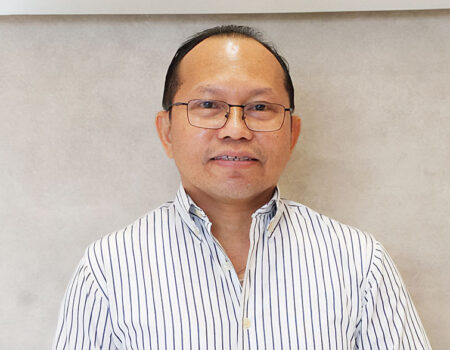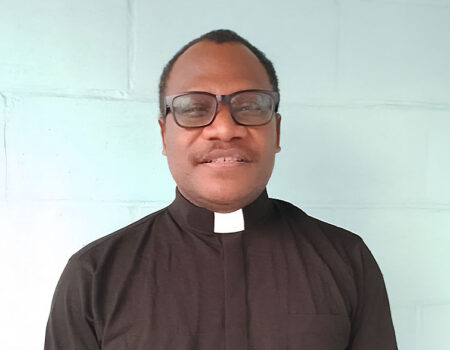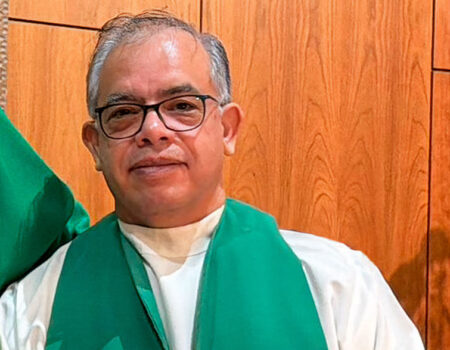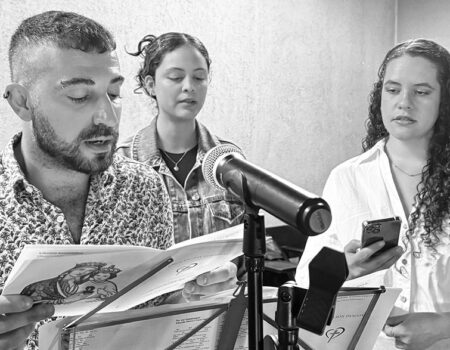Reflection: Blessed Juan Barrera
Sunday March 30, 2025
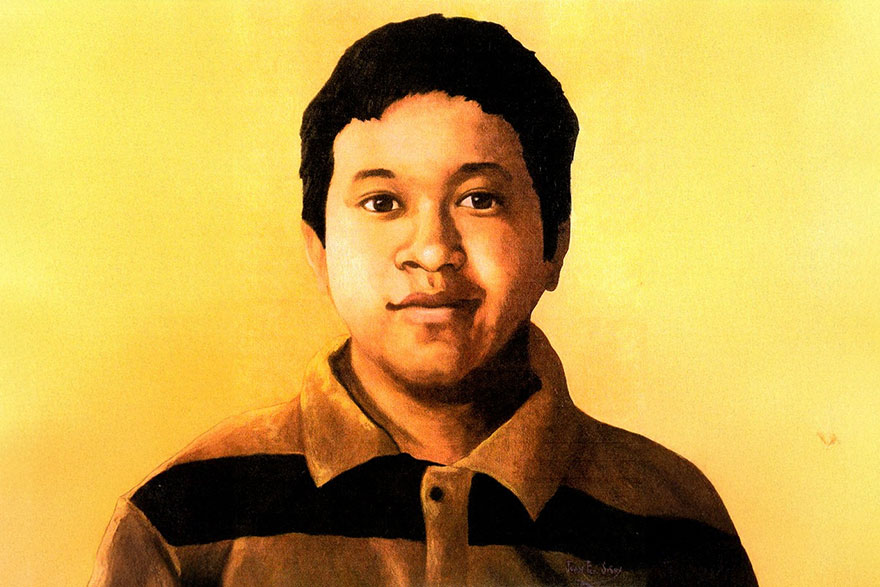
They had told me, and I had read about it in historical documents and articles. I was intellectually convinced of its reality. But, as with many things, until they affect us personally, they remain mere information that satisfies curiosity. They offer us an intellectual update but leave us existentially indifferent. That is what happened to me until the 4th of June 1980. That day, I received the news that a colleague, a Missionary of the Sacred Heart brother, a young priest, had been murdered for remaining faithful in his service to the people of God and in his vital choice for Christ. In a few months, two other consecrated colleagues were killed, and the number of catechists and faithful murdered for living consistently the Christian love committed to real life for Christ and their neighbours increased further.
The news, then, was accurate: the 20th century and the beginning of the current one mark the highest number of Christian martyrs in the history of humanity. As its founder Julio Chevalier called it, our’ small society’ is marked by this reality. Of those who gave their lives motivated by faith and love of God in different parts of the world, ten have been declared blessed by the Church. But alongside them were catechists trained by the MSC, faithful members of their pastoral communities, and men and women of various ages who followed them. Nine of them are officially recognised as blessed: Peter ToRot (Papua New Guinea), Benedict Daswa (South Africa), Domingo del Barrio, Tomás Ramírez, Reyes Us, Rosalío Benito, Nicolás Castro, Miguel Tiu and Juan Barrera (all from Guatemala). In several countries, they are called Lay Blessed MSC.
Among them, the Blessed Juan Barrera stands out. Why? Simply because he was a twelve-year-old teenager. He was born in the parish of Espíritu Santo in Zacualpa, Segundo Centro de la Vega canton, El Quiché, Guatemala. He had the opportunity, not very common at that time, to go to school. His ability to read made him an effective assistant to the catechists, almost all of whom were illiterate, who called on him to read the Bible to them and to participate with them by reading prayers and commentaries. He participated and collaborated in his community and occasionally led the prayers there. He was a peasant from a poor family, hard-working, restless, and had a sense of community. The undeclared war that existed at that time moved him to gather people his age to pray for peace and unity in his canton and learn about the faith. As he could not do so during the day due to the persecution of Catholics, he would meet with them at dusk. Someone misinformed the government forces, saying they were meeting to favour the guerrillas.
The military invaded the canton with their customary force. They searched his house, and after arresting him, they interrogated, threatened and tortured him; they wounded him on the soles of his feet and made him walk among stones; they cut off one of his ears; they hung him up and shot him. They left his body a few kilometres from his home. Some witnesses claim that the young man said before he was kidnapped: ‘If I die, I have to die in the Word of God… I am working in the Word of God; I am going to surrender my soul in the name of the Lord.’
Like all martyrs, Juanito is one of the voices today that invite us to think about our experience of faith, devotion, friendship with Jesus, and commitment to our brothers and sisters. Is he just a voice crying in the wilderness?
Joaquin Herrera Bayon, MSC


